Pragmatic Language/Social Communication Disorder or Difficulty
What is Pragmatic Language/Social Communication Disorder or Difficulty?
Pragmatics is the study of how language is used in context. Language is always used in social contexts to communicate between two or more people. If an individual shows difficulty in any of the following this can interfere with the social use of language: eye contact; pronouns or pronoun reversal; understanding or responding questions; understanding choices and making decisions; following conversations or stories; conversations are “”off-topic”” or “”one-sided””; extracting the key points from a conversation or story; following details in an interaction.
Pragmatic or social language impairments are often present in persons with autism spectrum disorder (ASD), including Aspergers syndrome, but may also be present in individuals with attention deficit hyperactivity disorder (ADHD), Non-verbal Learning Disability, or cognitive disabilities, brain injury or visual impairment.
What can professionals do to help?
Speech-language pathologists (SLPs) can perform assessments to determine if someone has a pragmatic language deficit that impacts communication and social interactions. The SLP will work to teach pragmatic language rules (the set of unwritten social language rules) that we all follow every day including turn-taking, eye contact, body language, nonverbal and verbal language skills that make communication successful. SLPs may make use of social stories, social groups, video modeling, and outings into the public to target pragmatic language skills.
